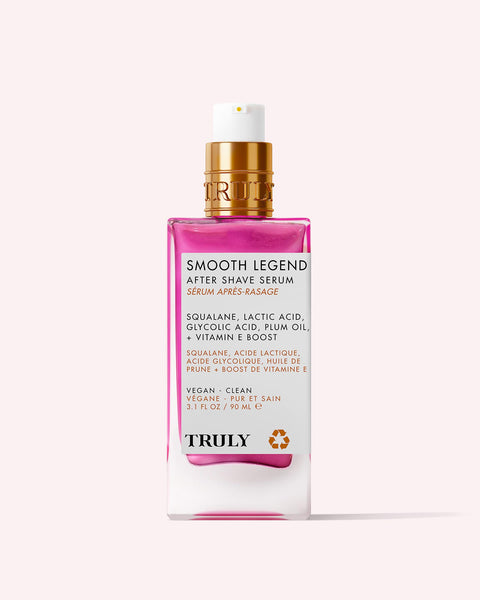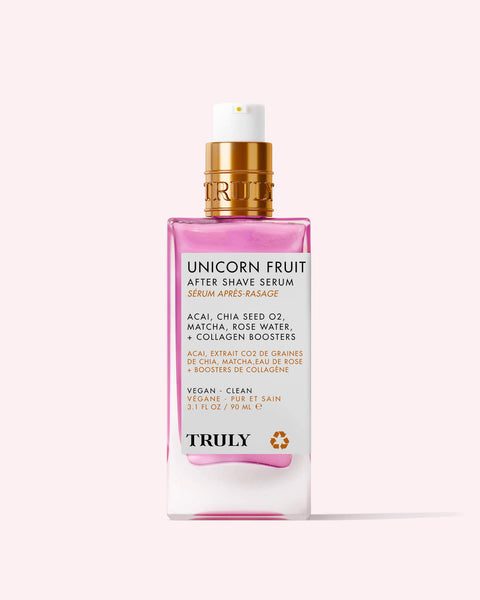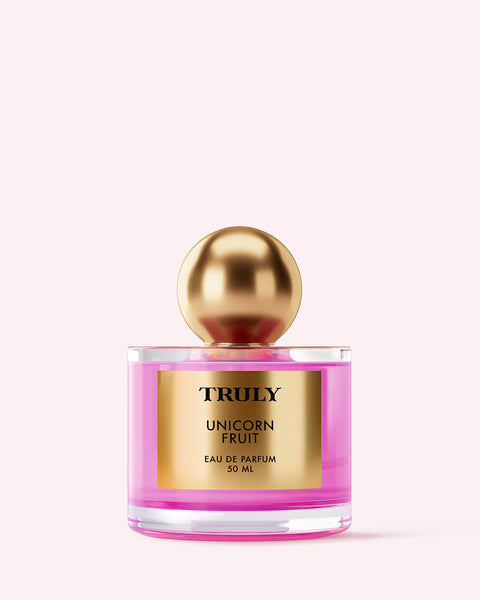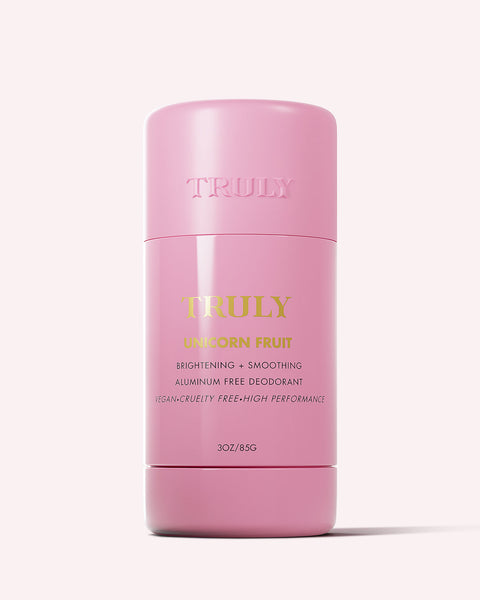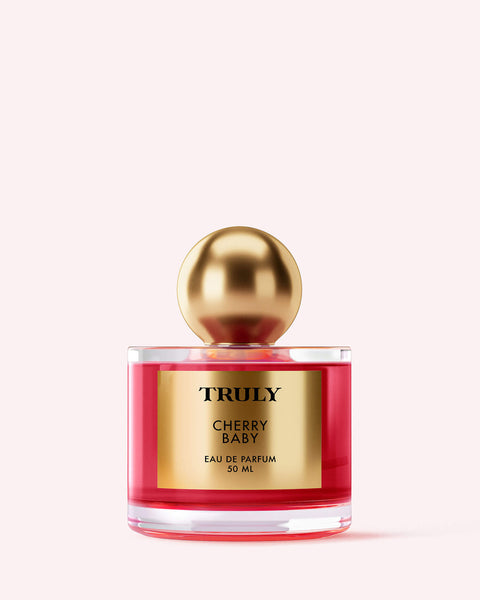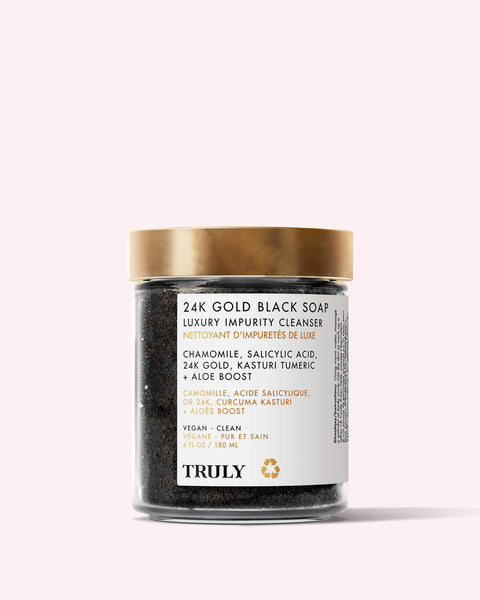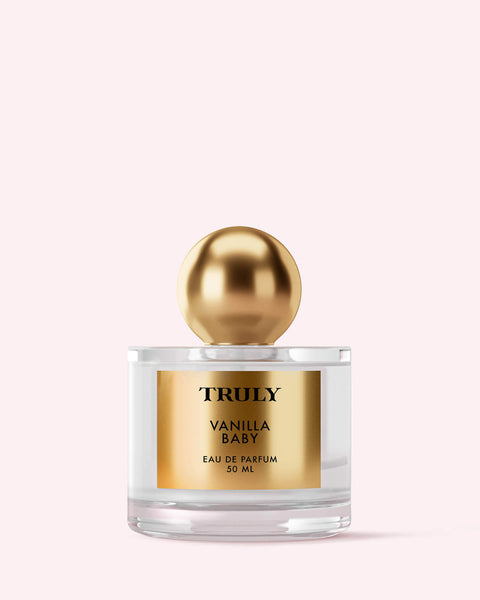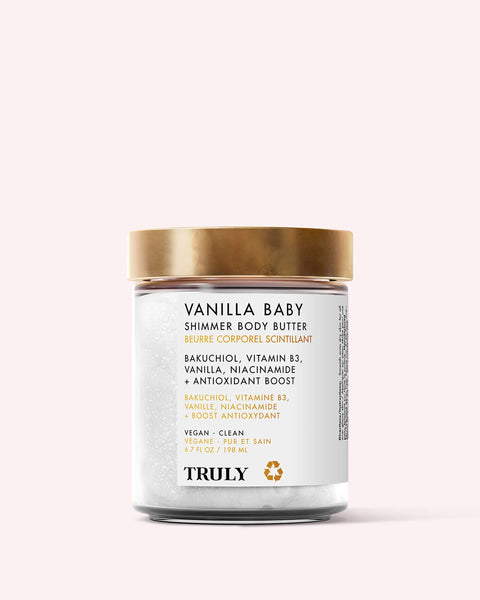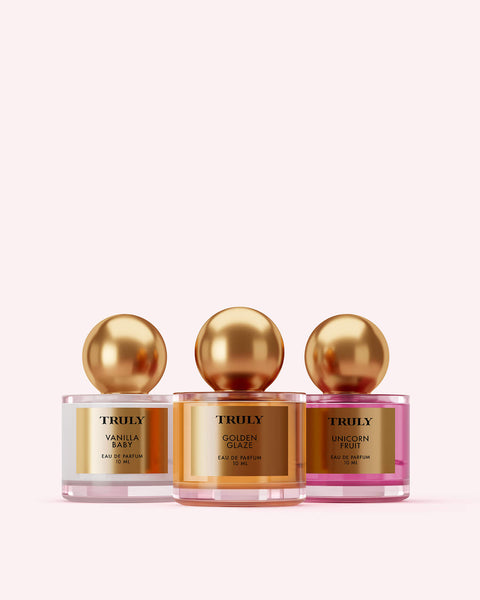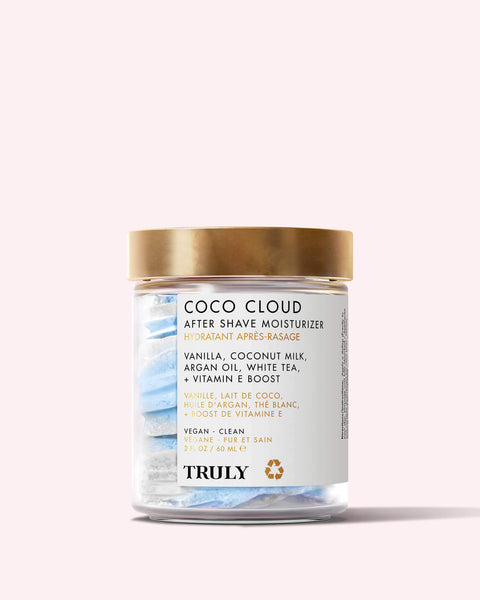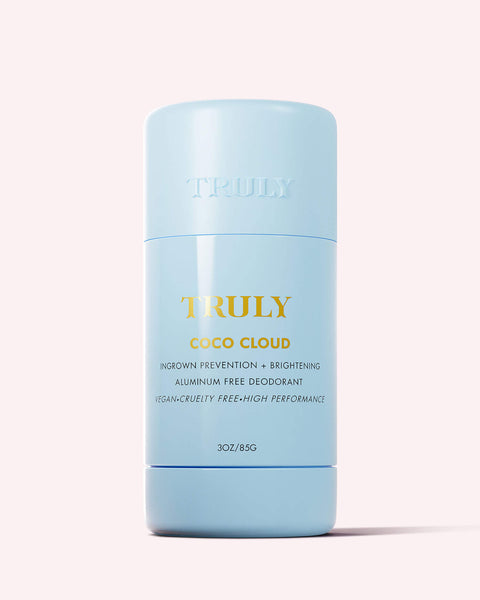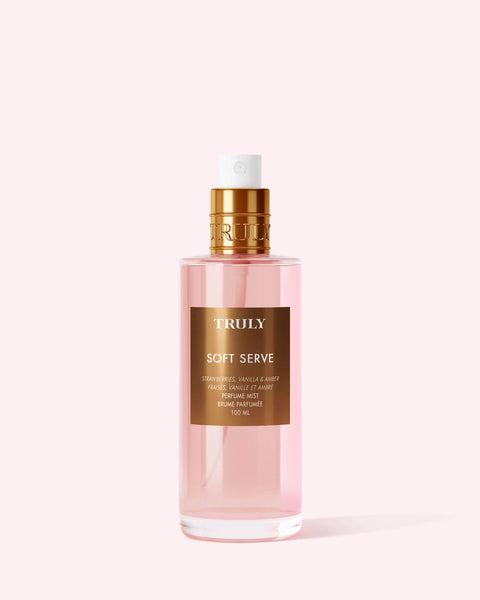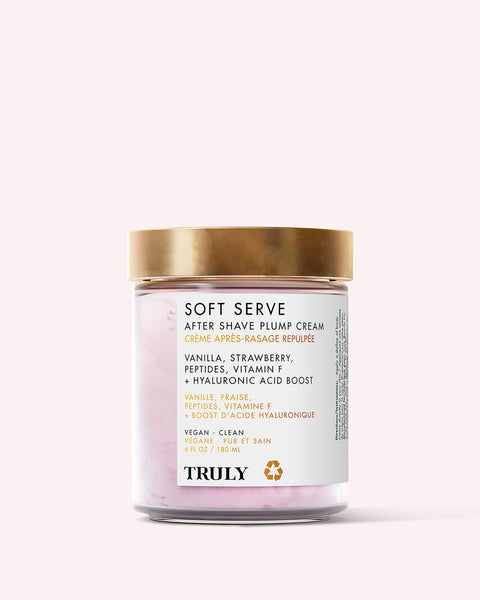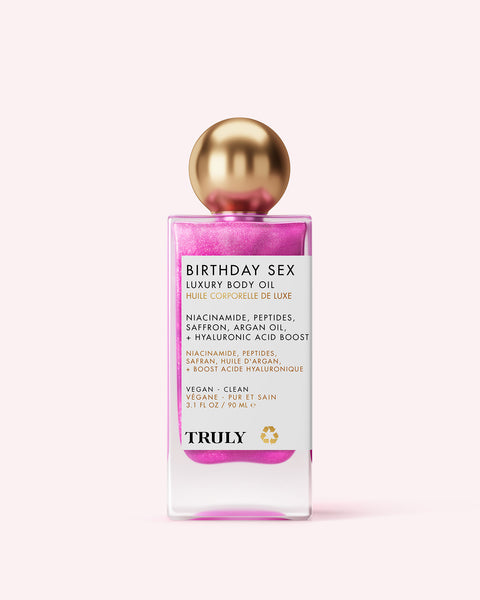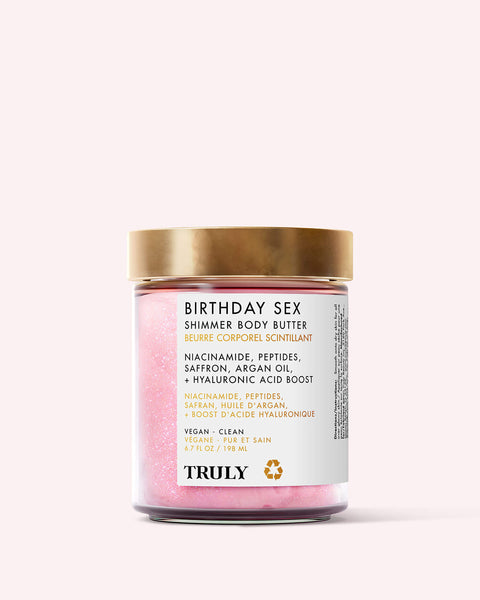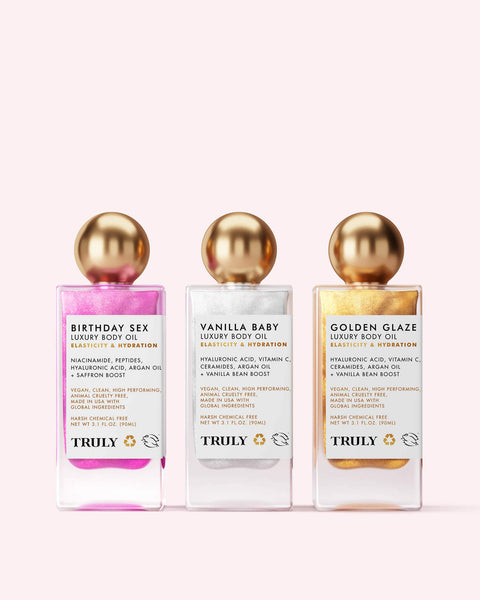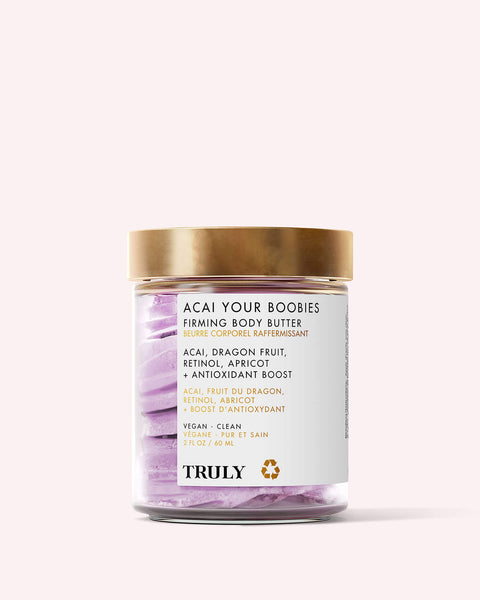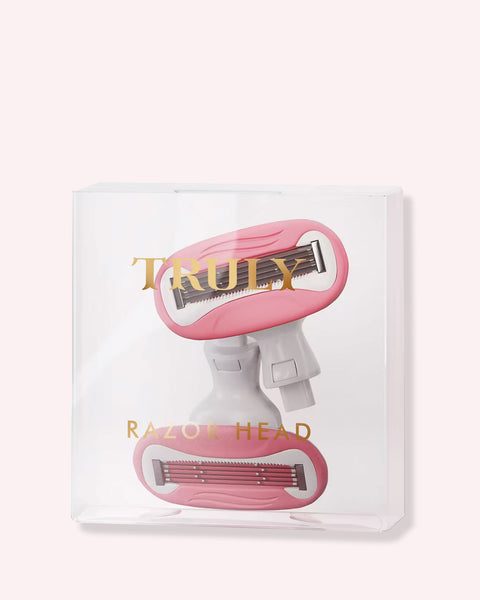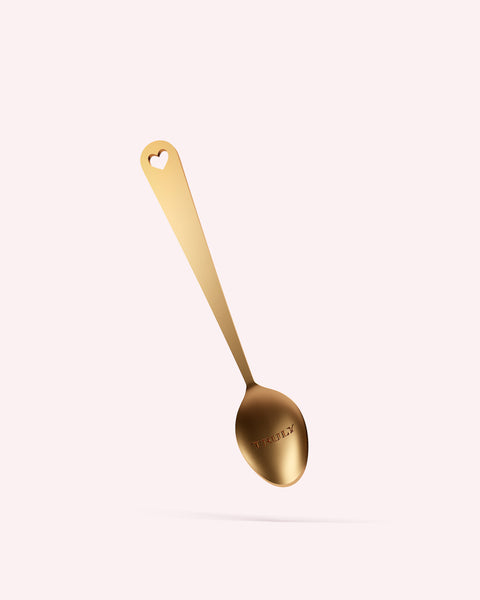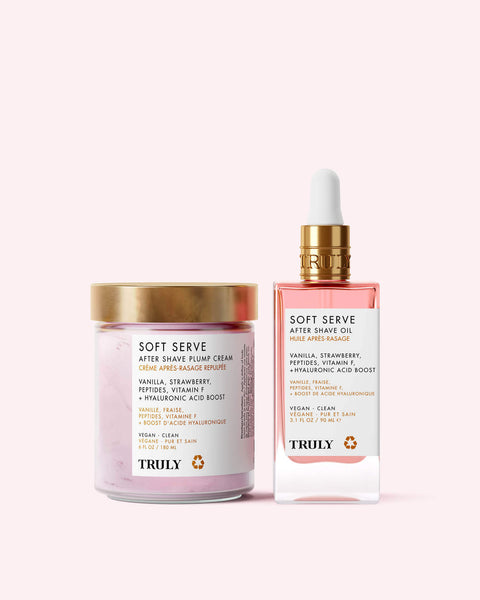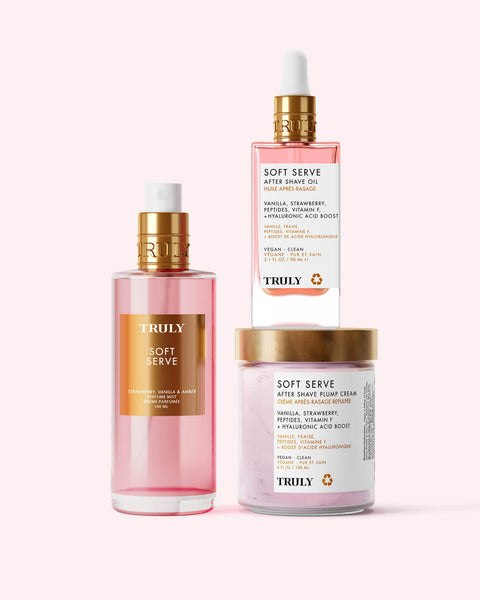Does Retinol Help with Acne?

If you’re dealing with stubborn breakouts, you might be wondering, does retinol help with acne? You’ve heard all the buzz about retinol for acne and signs of aging, but just how effective is it? Read on to find out everything about retinol and acne, along with the best retinol products for acne.
What is Retinol?
Retinol is often used as an umbrella term for all retinoids. It’s a potent active ingredient that’s derived from vitamin A and known for its ability to firm skin, reduce wrinkles, and even alleviate acne. It does all this by slowing the breakdown of collagen, boosting collagen and elastin in the skin, and increasing cell turnover.
Research has found that retinol offers a number of benefits including brightening skin, softening fine lines and wrinkles, firming skin, fading discoloration, unclogging pores, and treating acne.
As effective as retinol for acne can be, dermatologists recommend starting with a low concentration of retinol and only using it a few times a week to allow your skin to adjust and avoid irritation.
Does Retinol Help with Acne?
Now for the important question: does retinol help treat acne? It can, for a couple of different reasons.
First, retinol works by spurring faster skin cell turnover, a process by which skin sheds dead skin cells and generates new ones to replace them. This prevents clogged pores, a major contributor of acne. Clogged pores contribute to acne by trapping excess sebum (skin oil) and dead skin cells, creating an environment where acne-causing bacteria can multiply and cause inflammation, leading to pimples and other acne symptoms.
Alongside this, retinol helps regulate sebum production–again, preventing the pores from becoming congested and breakouts from forming. By keeping oil production balances, retinol keeps your skin clear and can even minimize pore size.
While treating acne with retinol is a good idea, you should know that certain types of acne respond to it better than others. For example, whiteheads and inflammatory acne respond very well to retinol treatments. Hormonal acne or cystic acne, on the other hand, doesn’t respond to topical medication alone. For that reason, you’ll need a prescription retinoid oral.
Does Retinol Help with Acne Scars?
According to the derms, retinol can also be helpful in treating acne scars. This is because of its resurfacing powers which smooths out unevenness. Additionally, retinol can help plump the area with collagen to reduce the appearance of acne scarring.
It’s best to look for a serum that blends retinol with brightening vitamin C, like Truly’s Vegan Collagen Facial Serum. It also contains plant collagen booster to repair scarred, damaged skin and promote a smoother, more even looking complexion.
How to Use Retinol for Acne
If you're new to retinol, it's crucial to take a slow and cautious approach to prevent adverse reactions such as dryness, redness, and itchiness. Retinol acne treatments can be effective for keeping skin clear, but this potent ingredient needs to be introduced gradually into your skincare routine. Here's a step-by-step guide on how to use retinol to treat acne.
- Start Slowly: For acne-prone skin, it's best to start by applying retinol three times a week. This allows your skin to become accustomed to the product. Over time, you can increase the frequency. If you have sensitive skin, consider the "skin cycling" method by using retinol every four days or as recommended by your dermatologist.
- Mix with Moisturizer: If you have very dry or sensitive skin, mix a pea-sized amount of retinol product with your daily moisturizer or face oil. This can help dilute the retinol and ease your skin into the treatment.
- Choose the Right Moisturizer: To combat the dryness that retinol can cause, opt for a nourishing moisturizer. Look for one that contains hydrating, soothing ingredients such as ceramides, hyaluronic acid, and vitamin E, like Truly’s Glazed Donut Facial Glow Cream.
- Avoid Mixing with Other Acids: To minimize the risk of irritation, avoid using retinol alongside other acidic products like glycolic acid, salicylic acid, and benzoyl peroxide–at least in the beginning.
- Never Skip Sunscreen: Retinol can make your skin more sensitive to the sun, so it's essential to use it during your nighttime routine. During the day, apply a sunscreen with at least SPF 30 or higher to protect your skin from UV damage. This is a crucial step in preventing skin irritation and sunburn.
Best Retinol Products for Acne
Now you know the answer to does retinol help with acne, it’s time to turn your focus to using retinol products in your skincare routine. Below, the best retinol treatments for acne.
Super Star Routine
SHOP NOW
Your selfie-ready prep kit. Featuring a face mask, serum, and acne patches infused with retinol, vitamin C, and other powerhouse acne-fighters to get your skin clearer than ever.
Vegan Collagen Booster Set
SHOP NOW
A complete face and body routine to banish breakouts wherever they may appear. The kit includes a facial cleanser, mask, and serum plus a body polish and cream formulated with retinol, vitamin C, and coconut. Get ready to meet your clearest skin and enjoy a little anti-aging boost while you’re at it.
Boobie Routine
SHOP NOW
Does retinol help with acne on your body? Sure it does! The Boobie Routine harnesses the cell regenerating powers of retinol to unclog pores and banish boobne. On top of all that, it keeps your pair nice and perky.
How Long Does it Take for Retinol to Work for Acne?
Remember that consistency and patience are key when using retinol for acne. It may take several weeks to see noticeable improvements in your skin, and some initial redness, peeling, or dryness is normal.
If you experience severe irritation or if your acne doesn't improve after a few months, consult your dermatologist. They can help adjust your retinol regimen or recommend alternative treatments tailored to your specific needs.
Does Retinol Make Acne Better or Worse?
Retinol can certainly help with acne thanks to its ability to speed cellular turnover and balance sebum production. That said, you may experience more breakouts once you start using retinoids for acne. If this happens, keep calm and continue with your retinol products.
According to dermatologists, it’s common to see acne get worse before it improves as retinol can cause a purge. Because retinol works by increasing skin cell turnover, it also pushes dirt and oil to the surface which can lead to breakouts. Just wait it out and you will see an improvement in your skin. Once the retinoid has had a chance to normalize the turnover of skin cells, you’ll be able to enjoy clearer skin and less chance of future blemishes.
Can I Use Retinol Everyday for Acne?
Especially in the beginning stages, it’s best to not use retinol for acne on a daily basis. Start by applying retinol three times a week, in the evening, to allow your skin to become accustomed to the product. Once your skin gets used to it, you can increase the frequency to every other day and eventually, daily.
If you have sensitive skin or severely dry skin, consider the skin cycling method by using retinol every four days. Avoid using retinol to treat acne if you have a skin condition such as eczema or consult your dermatologist beforehand for advice.
Does retinol help with acne? Using retinol as an acne treatment is effective and you will see an improvement. However, you will need to follow the steps listed in this article to ensure you don’t end up worsening your symptoms.
Watch how to clear your acne overnight with Truly's retinol pimple patches:







